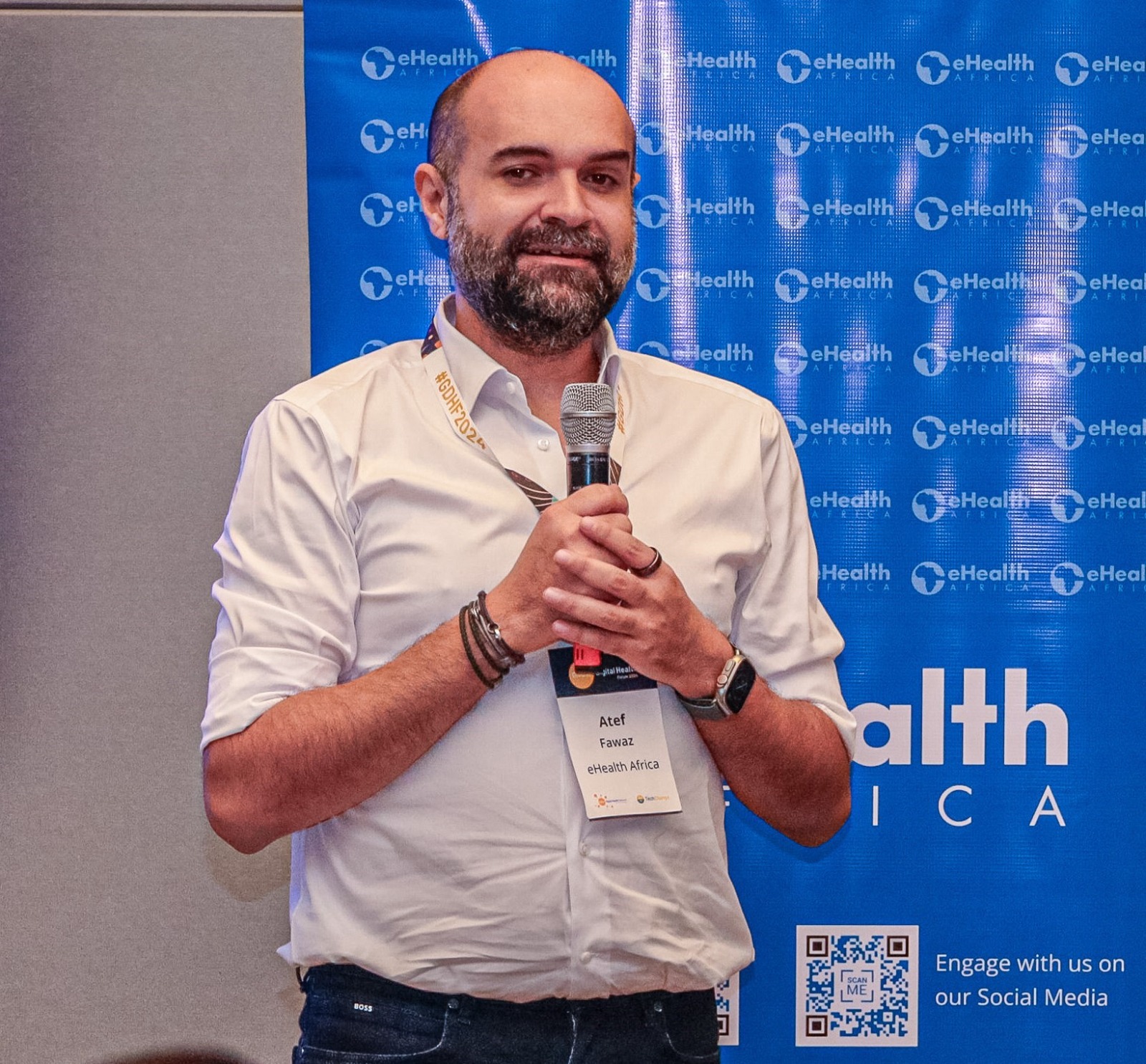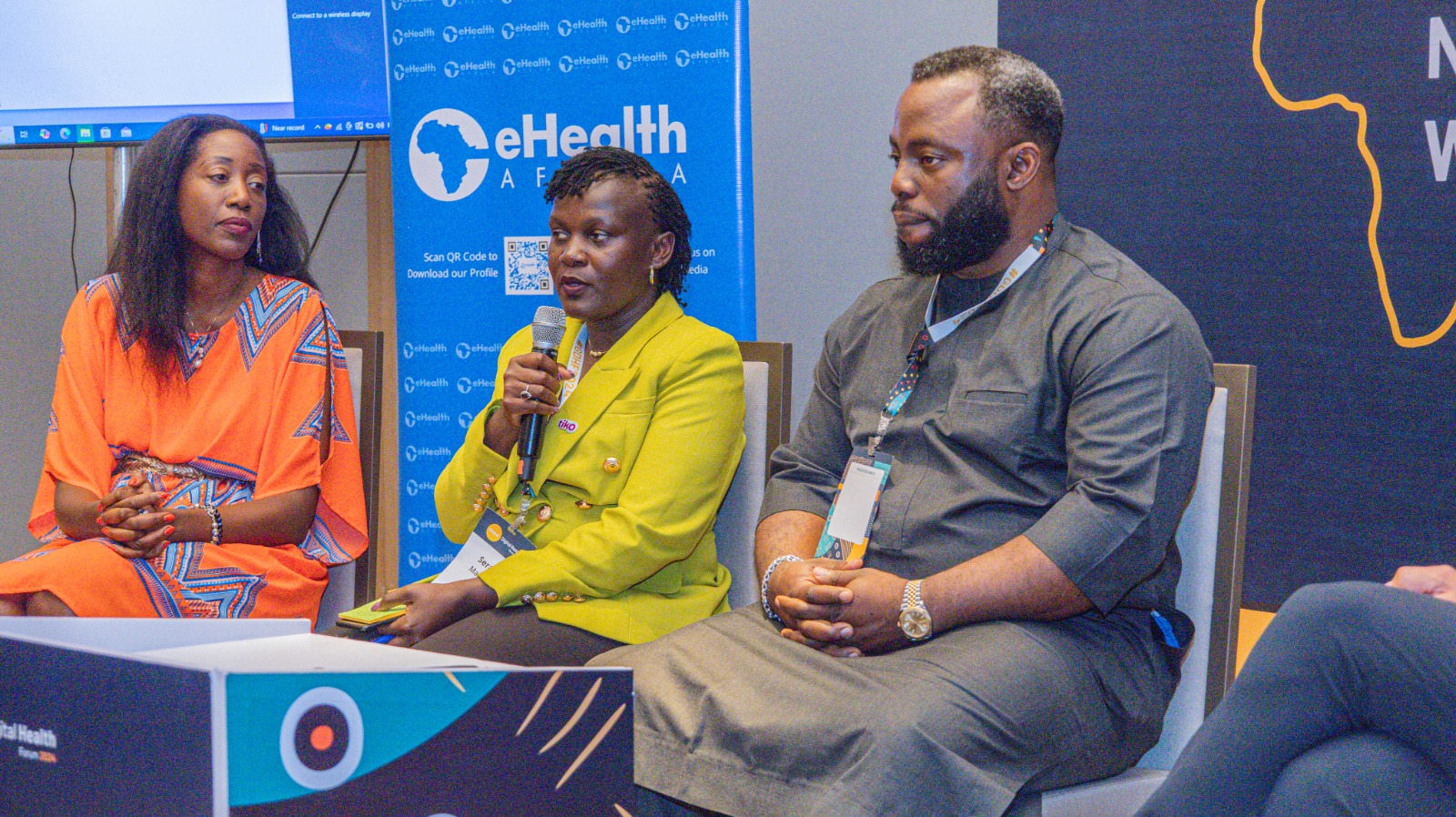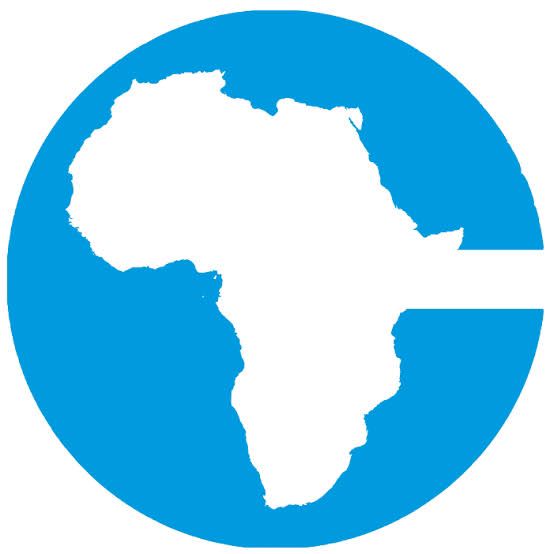Facebook Twitter (X) Instagram Somali Magazine - People's Magazine
Highlights
Highlighting the importance of cultural context and local leadership in the success of digital health solutions.
eHealth Africa’s innovative solutions have revolutionised immunisation programs.
December 8, 2024 – eHealth Africa (eHA) has today urged governments and stakeholders to explore the critical factors beyond technology that are essential for deployment of digital health solutions for long-term success of public health systems across Africa. Data-backed interventions will help streamline operations and enable formulation of interventions that appreciate the cultural norms when addressing the immediate needs of different communities within the region.
The Importance of Local Cultures in Technology
Speaking during a panel session at the Global Digital Health Forum 2024 in Nairobi, eHealth Africa’s Executive Director Atef Fawaz emphasised the importance of integrating technology with local cultures and addressing community-specific needs. “Understanding the unique healthcare challenges in each individual country allows us to deploy tech solutions that truly make an impact.”

Revolutionary Vaccine Delivery System
For instance, eHealth Africa successfully delivered over 5.8 million vaccines (5,801,209) to 351 primary healthcare facilities across states in Nigeria that was made possible through the deployment of the innovative Logistics Management Information System (LoMIS) application.
“The system significantly improved the availability of vaccines for Routine Immunisation (RI), ensuring timely and efficient distribution while eliminating stockouts at primary healthcare facilities. This intervention highlights our commitment to strengthening immunisation programs and enhancing healthcare delivery at the grassroots level,” he said.
Designing for Healthcare with Local Realities in Mind
In his contribution, Abdulhamid Yahaya, Deputy Director, Global Health Informatics, highlighted the need to understand the local cultural, social, and regulatory landscape so as to build solutions that are designed with local realities in mind.
Collaboration Among Stakeholders to Better Healthcare
eHealth Africa Board Member Micheline Ntiru said using technology provided stakeholders among them global health leaders, tech innovators, and development experts as well as local communities a platform to create the right solutions that work within the constraints of each community, and with the support of local leadership.
Mobile-Based Solutions for Healthcare
For instance, local health workers have been using mobile-based reminder systems to improve compliance and overall health outcomes while some local immunisation centres have been sending SMS reminders to parents as well as to provide educational messages about the diseases they protect against. Mobile phones, now available in nearly 80 percent of African homes, can also be used during emergencies to dispatch mass announcements about satellite clinic locations and schedules.
WHO and eHealth Solutions
According to the World Health Organisation, increased use of the Internet, email, social networking sites and availability of mobile phones facilitates deployment of eHealth solutions, applications and services towards improvement of national health systems. Use of technological eHealth solutions could also be used to encourage positive lifestyle changes to prevent and control common diseases.
Expert Panel on Digital Health and Healthcare

The panel moderated by Ota Akhigbe, Director of Partnerships and Programs, comprised Ms Ntiru (Delta40 Ventures), Mr Yahaya (eHealth Africa), Chief Impact Officer at Tiko – Serah Malaba, Dr Olamide Okulaja (Maisha Meds), Audere Chief Executive Officer Dr Dino Rech, and Rachel Alladian from Jacaranda.
They discussed how strategic partnerships, regulatory compliance, and a deep understanding of local contexts are crucial for driving digital health innovations that can succeed in diverse regions.
Participation at the GDHF
The GDHF forum was attended by health scholars, researchers, representatives from the Ministry of Health in Ethiopia, Tanzania, Kenya, Malaysia, Somalia and Sri Lanka, as well as representatives from the World Bank, medicine manufacturers, technology vendors, UN agencies, among others.

About eHealth Africa
eHealth Africa (eHA) is a non-profit organisation dedicated to strengthening health systems across Africa through the design and implementation of data-driven solutions. Responding to local health needs, over the past 15 years, eHealth Africa has built a robust tech and operational platform specifically designed to address health delivery challenges.
Recognizing the need for collaboration, we have opened up our operational, management, partnership, and technology platforms to others, accelerating the entry and adoption of innovations.
By leveraging lessons learned from global successes, we aim to maximize impact and ensure that solutions are well-tailored to every market’s unique market dynamics, making it an ideal entry point for social and economic development initiatives that rely on public health innovations.
eHealth Africa’s work spans across 24 African Countries including, Chad, Liberia, Cameroon, Tanzania, Madagascar, Zimbabwe amongst others.
For more information, visit www.ehealthafrica.org.
Contact:
Judith Owoicho
Communications Manager, eHealth Africa

